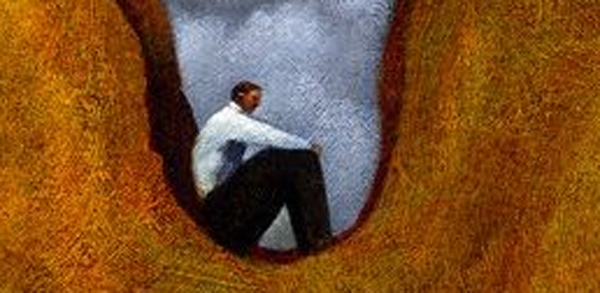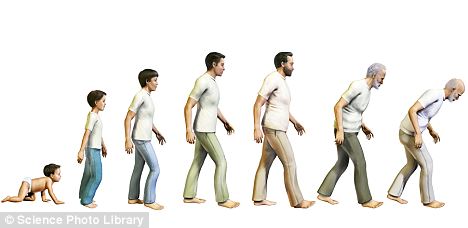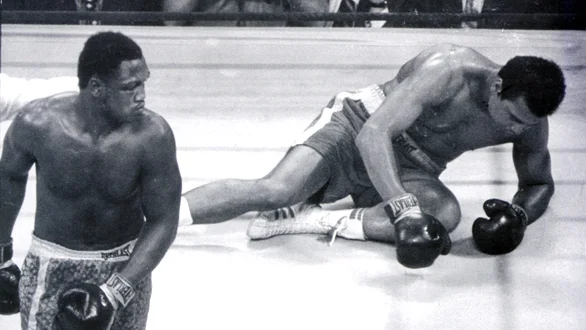When was the last time you ate too much, drank too much, exercised too much, watched too much bad tv, or worked too much on something that ended going nowhere?
We have all these clever aphorisms like:
Too much is never enough!
Too much is impossible!
Too much is wonderful!
Too much is just right!
And these little sayings are admittedly all clever, and all sound good in the right context, but are also mutually inconsistent, which is, of course, warning signal. Clever isn't always a sign of true, although it's often mistaken as such in our world.
How about too much paperwork? Too much information? Too much food in your mouth, or way too much stuff for your carryon to hold?
I just had an epiphany in the bathroom of the Airbus A319 I was flying on Wednesday morning from Jacksonville, Florida to Charlotte, North Carolina. The seatbelt sign was illuminated, and I’m not usually an in-air rule breaker, but too much white and red wine, capped with too much Jack Daniels the night before at a party had led to too much black coffee that morning, which resulted in too much of a need for the Airbus facilities, mid-flight, and all of that resulted in my standing up for too much time in violation of the captain’s sign. But as soon as I had slipped out of my comfortable window seat 2A and ducked into the little lav, then, zap, I had my morning revelation.
Here’s the insight. Too much leads to too much.
Too much libation and getting up much too early requires too much java which leads to too much time in the restroom during a bumpy flight. Too much weight in the gym leads to too much back pain, which leads to too much Advil, and too much recovery time in the bed. Too much is trouble.
And maybe that’s why the ancients said “Nothing in excess.” In fact, the famous Oracle at Delphi had two things carved in marble. "Know yourself" and "Nothing in excess." I've reflected before in a blog on the relationship between these two pieces of advice. Each one helps you with the other.
Of course, you can't have too much self knowledge. Whatever you can get will be useful, and it helps you know what counts as too much, in anything else.
Spot in advance what's too much for you, and then find a way to stop before you cross the line. That's the path of virtue which, in Greek and Latin, meant strength. It should today as well.
And there's no such thing as too much strength. So, therefore:
Know yourself. Do at least almost nothing in excess. Be strong.












































